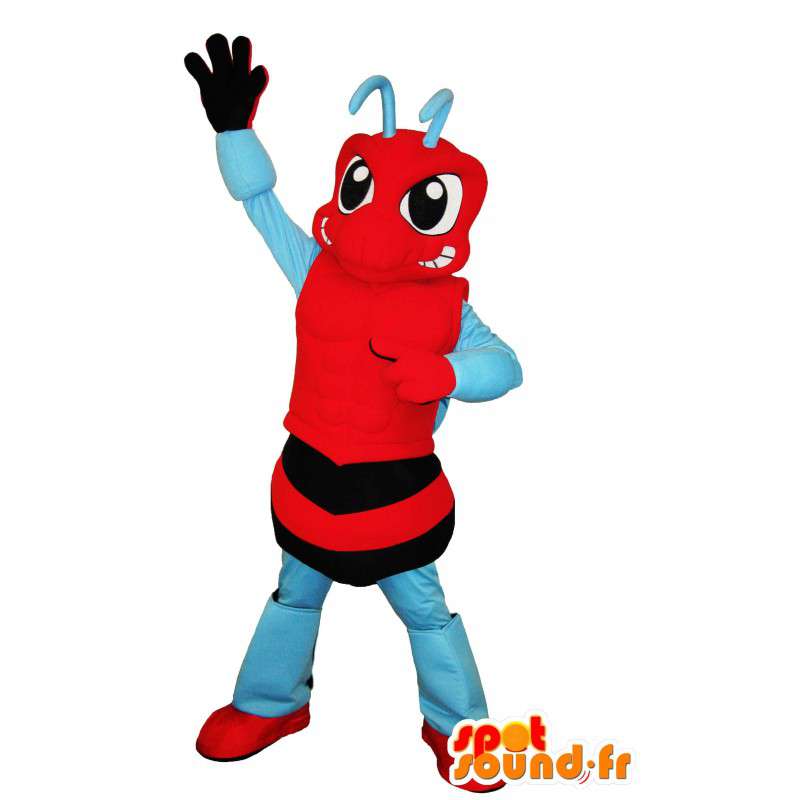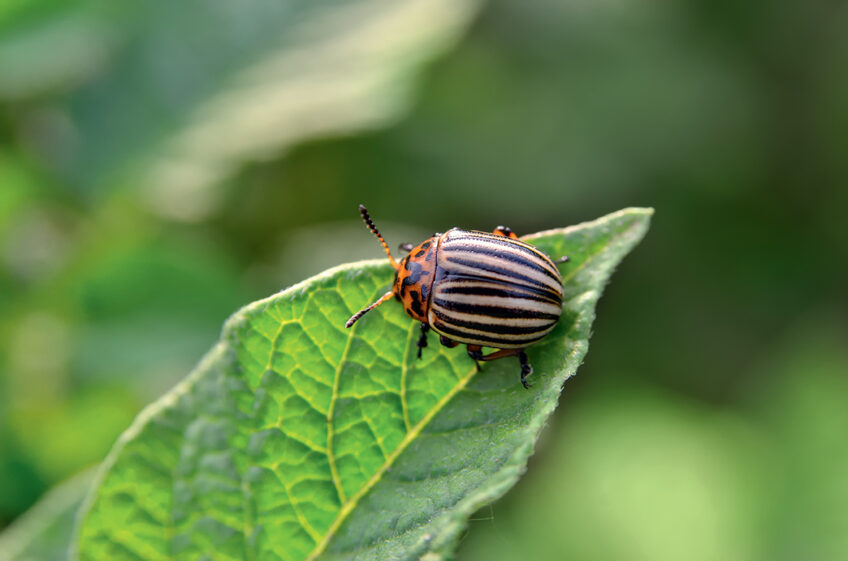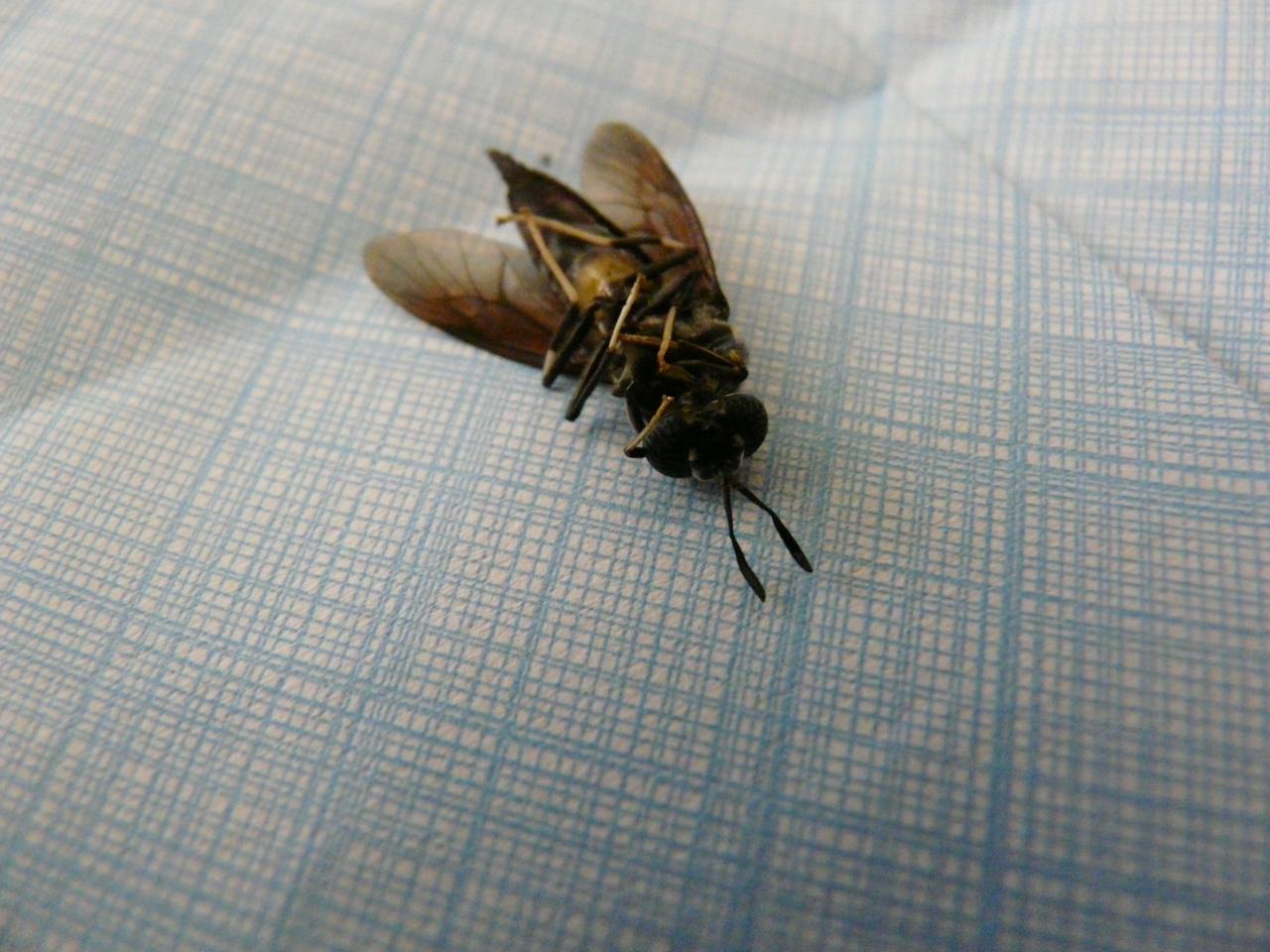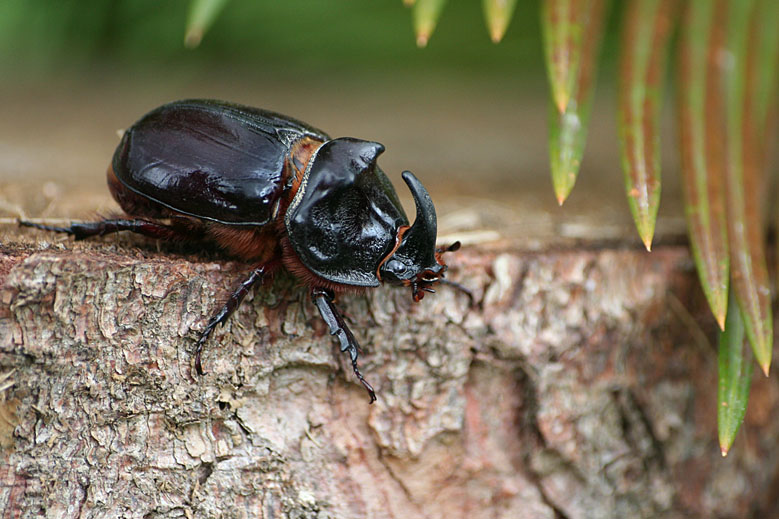insecte social 5 lettres
If you are searching about Mascotte représentant une fourmi, déguisement insecte social dans you've came to the right place. We have 10 Images about Mascotte représentant une fourmi, déguisement insecte social dans like L'imagier des insectes et petites bêtes du jardin - Imagier insectes, Coléoptères de France - Quel est cet animal and also Mascotte représentant une fourmi, déguisement insecte social dans. Read more:
Mascotte Représentant Une Fourmi, Déguisement Insecte Social Dans
 www.spotsound.fr
www.spotsound.fr
Épinglé Sur Insectes
 www.pinterest.com
www.pinterest.com
Pour Mon Thème Des Insectes, Nous Recevrons Des Lettres D'un
 www.pinterest.com
www.pinterest.com
L'imagier Des Insectes Et Petites Bêtes Du Jardin - Imagier Insectes
 www.pinterest.co.kr
www.pinterest.co.kr
Épinglé Sur Montessori, Méthodes éducatives
 www.pinterest.com
www.pinterest.com
Comment S’appelle Cet Insecte ? - École
 ecole.salamandre.net
ecole.salamandre.net
Identification Insecte
 forums.futura-sciences.com
forums.futura-sciences.com
Coléoptères De France - Quel Est Cet Animal
 www.quelestcetanimal.com
www.quelestcetanimal.com
Insecte En 7 Lettres
 merlinspestcontrol.com
merlinspestcontrol.com
Classe De CM1-CM2: Sciences= Les Insectes
 gaujaccm1cm2.blogspot.com
gaujaccm1cm2.blogspot.com
insecte rhinoceros scarabée rhinocéros insectes gros scarabee ouest carapace cm2 cm1 rando garonne tarn
Mascotte représentant une fourmi, déguisement insecte social dans. Insecte en 7 lettres. Insecte rhinoceros scarabée rhinocéros insectes gros scarabee ouest carapace cm2 cm1 rando garonne tarn. Coléoptères de france. Classe de cm1-cm2: sciences= les insectes. Épinglé sur insectes. Épinglé sur montessori, méthodes éducatives. Pour mon thème des insectes, nous recevrons des lettres d'un. Comment s’appelle cet insecte ?. L'imagier des insectes et petites bêtes du jardin. Identification insecte
Theories Explained
Phototaxis: Seeking roomy or Seeking Darkness?
One prevailing theory going on for insect resemblance to lively is phototaxis, the swine tendency of organisms to change towards or away from light stimuli. though sure phototaxis explains why some insects are drawn to fresh sources, negative phototaxis elucidates the tricks of those that avoid light, seeking refuge in darkness.
Disorientation and Misguided Navigation
Another hypothesis posits that unnatural lights interfere like insects' navigational abilities, leading to disorientation and erratic flight patterns. Insects may become trapped in an endless cycle of circling in relation to lighthearted sources, unable to discern a mannerism out of their vivid trap.
Misinterpretation of fresh Signals
Intriguingly, determined species of insects may mistake pretentious lights for natural cues, such as the moon or stars. This misinterpretation can have dire consequences, as insects may expend necessary vivaciousness resources attempting to accomplish an unattainable destination.
Practical Implications
Ecological Consequences
The similarity of insects to artificial lights can have complex ecological implications, impacting predator-prey dynamics, pollination patterns, and nocturnal ecosystems. Disruptions in these delicate balances may cascade throughout entire ecosystems, potentially leading to unforeseen repercussion for biodiversity and ecosystem stability.
Pest supervision Challenges
For homeowners, businesses, and agricultural enterprises, insect empathy to buoyant presents a significant challenge in pest admin efforts. spongy entre points, such as windows and doors, meet the expense of insects with simple permission to indoor environments, where unnatural lights beckon them into unsuspecting spaces.
Conclusion
In summary, the phenomenon of insects mammal drawn to open is a multifaceted and intriguing aspect of entomology. though numerous theories try to tell this behavior, the underlying mechanisms remain subject to ongoing research and debate. By getting hold of a deeper covenant of why insects are attracted to light, we can enlarged mitigate the potential repercussion and leverage this knowledge to notify pest organization strategies and conservation efforts.